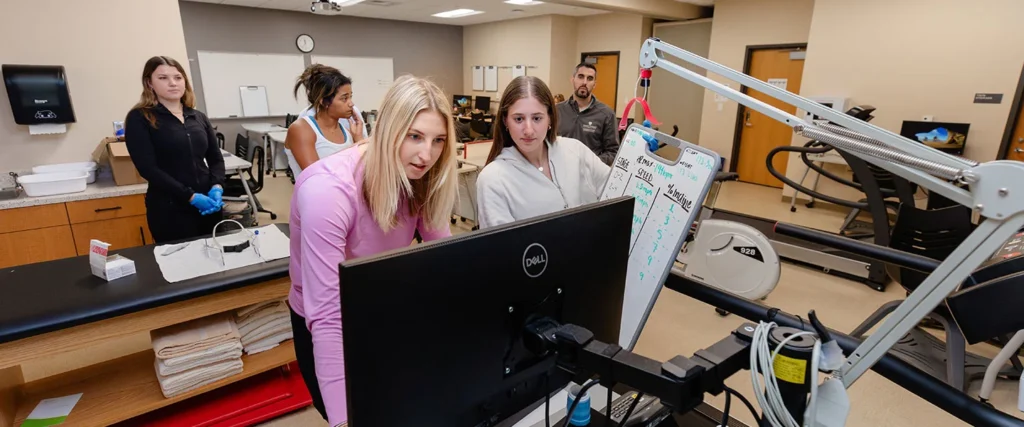Exploring the Impact of Wake Forest Translational Research

When we think of groundbreaking scientific advancements, one term often comes to mind: translational research. This field bridges the gap between laboratory discoveries and real-world applications, ensuring that scientific breakthroughs lead to tangible improvements in healthcare and beyond. One institution at the forefront of this vital work is Wake Forest University, renowned for its contributions to translational research.
Is Wake Forest Famous for Translational Research?
Absolutely. Wake Forest University has established itself as a leader in translational research, with its work recognized both nationally and internationally. The university’s focus on turning innovative research into practical solutions has earned it a reputation for excellence in this field. The Translational Research at Wake Forest (TRA) program, in particular, exemplifies the university’s commitment to this important area of study.
What is Translational Research at Wake Forest TRA?
The Translational Research at Wake Forest TRA program is a comprehensive initiative that fosters collaboration between researchers, clinicians, and industry partners. This program aims to accelerate the process of translating laboratory findings into clinical applications that can improve patient outcomes. The TRA program covers a wide range of research areas, including cancer, regenerative medicine, neuroscience, and personalized medicine.
One of the key strengths of Wake Forest’s translational research is its interdisciplinary approach. The university brings together experts from various fields, including biology, engineering, medicine, and social sciences, to tackle complex health challenges. This collaborative environment encourages innovative thinking and the development of cutting-edge solutions.
Notable Achievements in Wake Forest University Translational Research
Wake Forest University has made significant contributions to translational research, with numerous projects leading to real-world impact. Some notable achievements include:
- Advancements in Regenerative Medicine: Wake Forest is home to the Wake Forest Institute for Regenerative Medicine (WFIRM), one of the leading centers for regenerative medicine research. WFIRM researchers have pioneered the development of lab-grown organs and tissues, offering hope for patients with chronic diseases or organ failure.
- Cancer Research and Treatment: The Comprehensive Cancer Center at Wake Forest Baptist Medical Center is a hub for innovative cancer research. Scientists at Wake Forest are exploring new therapies and treatment strategies, including immunotherapy and personalized medicine, to improve patient outcomes.
- Neuroscience Innovations: Wake Forest researchers are at the forefront of neuroscience research, exploring new ways to treat neurological disorders such as Alzheimer’s disease, Parkinson’s disease, and traumatic brain injuries. Their work aims to translate discoveries into therapies that can enhance the quality of life for patients.
The Future of Translational Research at Wake Forest

The future of translational research at Wake Forest University looks promising. The institution continues to invest in cutting-edge technologies and facilities, such as advanced imaging systems and biomanufacturing capabilities, to support innovative research. Additionally, Wake Forest is committed to training the next generation of researchers through its robust educational programs and partnerships with other leading institutions.
As Wake Forest University continues to expand its translational research efforts, the impact of its work will likely grow, benefiting countless individuals and communities. By bridging the gap between the lab and the clinic, Wake Forest is helping to turn scientific discoveries into lifesaving treatments and therapies.
Conclusion
In the ever-evolving field of translational research, Wake Forest University stands out as a leader. The university’s dedication to transforming research into practical applications has made it a renowned institution in this field. Whether through groundbreaking work in regenerative medicine, cancer research, or neuroscience, Wake Forest continues to push the boundaries of what is possible in healthcare. As we look to the future, the contributions of Wake Forest’s researchers will undoubtedly play a pivotal role in advancing human health and well-being.
For More information Visit Our Homepage:



Pingback: Investigating Water in Water Meter: A Comprehensive Guide - Daily Voice Hub